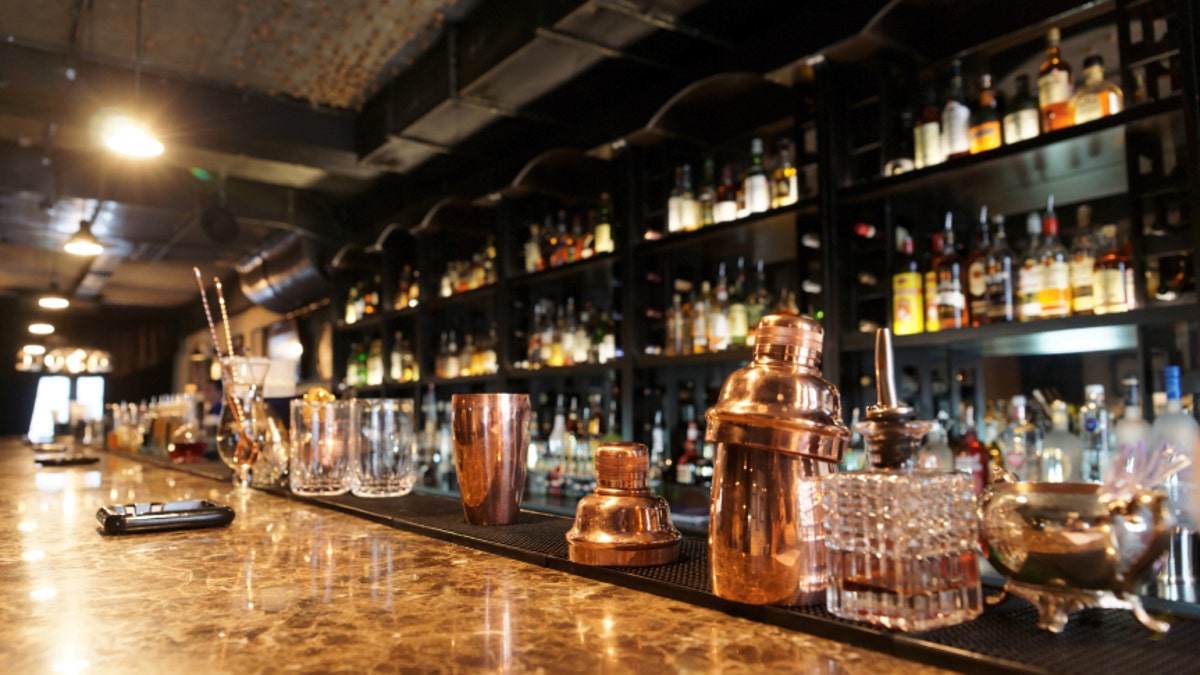
If you want that cocktail, be prepared to shell out extra for a snack in Utah. (iStock)
Business owners say Utah's restrictive liquor laws are hurting business and are turning off tourists.
Among them, Utah’s “intent to dine law” which prohibits the sale of any alcoholic beverage without ordering food.
Scott Beck, CEO for tourism company Visit Salt Lake, told the The Salt Lake Tribune he received a letter from a businessman whose $4 Coors turned a $13 meal after being made to order chips and salsa.
"We spend a lot of money on recruiting new business and tourism to bring people here, but they go away with stories that don’t make them want to return," Beck told the Tribune.
Another law coming under fire is the so-called Zion Curtain partition, which requires new restaurants to install seven-foot barriers that block minors from seeing bartenders mix and pour alcoholic beverages.
"Our restaurant dining experience makes patrons less comfortable," Rep. Kraig Powell, R-Heber City told the Tribune. Powell unsuccessfully fought to repeal the partition stipulation in 2013 and 2014. "We are making them eat and dine in a way they are not familiar with."
Utah residents appear to stand behind both Beck and Powell. According to a new poll from UtahPolicy.com, almost 26 percent of registered Utah voters said Utah’s unique liquor laws "definitely hurt," while 43 percent said it "probably hurt” tourism to the state. Republicans, Democrats and Independents all polled as believing the laws“restrictive liquor laws are a detriment to economic development.”
Beck is hoping to Utah will revisit its liquor laws next year.
"We’re not talking about becoming Las Vegas or New Orleans where there are drive-up liquor stores and people walk around with Margaritas around their neck," the CEO states. "What we’re really talking about is not making it so hard for people — who are responsible adults — to partake in alcohol, because it is not illegal or immoral."
